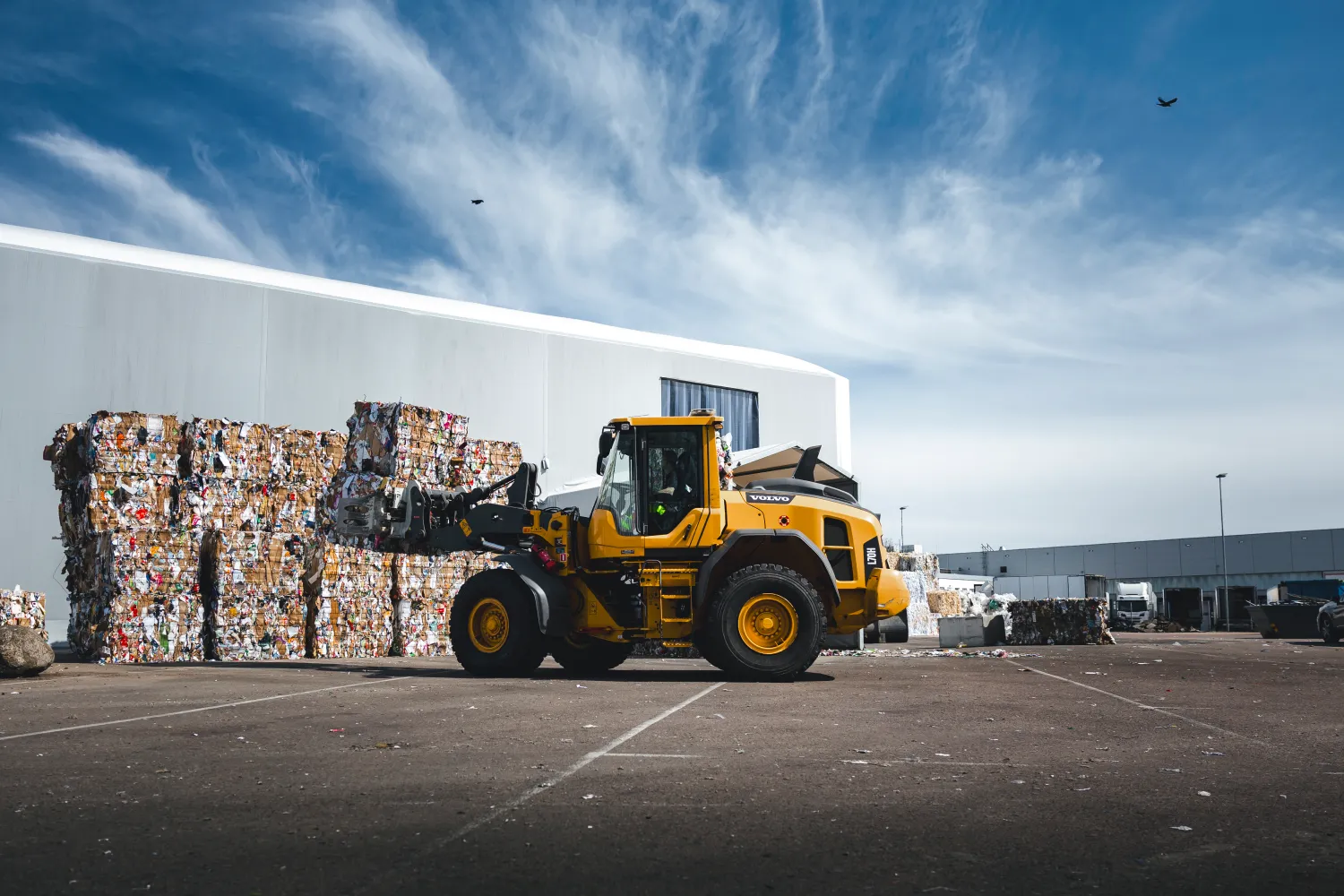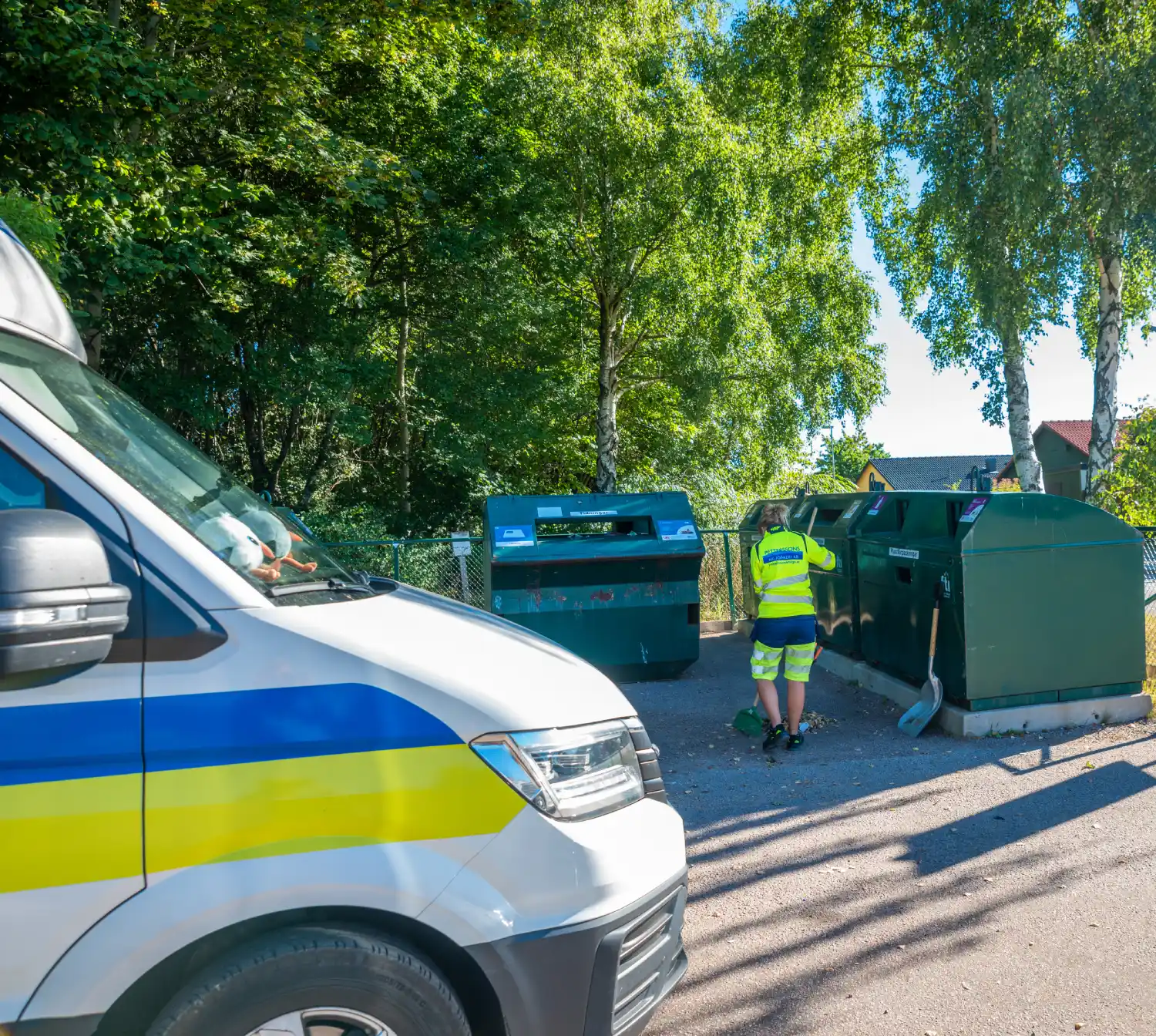Recycling and Clean Energy Production
Recycling (Återvinning) has appeared as a critical practice in contemporary culture, not just for its environmental benefits but in addition for its significant financial advantages. By reprocessing materials like paper, materials, materials, and glass, recycling plays a part in a sustainable economy in several ways.

Conservation of Assets One of the principal financial benefits of recycling is based on source conservation. Recycling reduces the need for natural resources removed from the environmental surroundings, such as for instance wood, ores, and fossil fuels. As an example, recycling one lot of report saves approximately 17 woods, 7,000 gallons of water, and significant amounts of energy in comparison to making paper from virgin materials. That conservation decreases generation expenses for producers and decreases the strain on normal ecosystems, fostering long-term financial sustainability. Work Generation and Economic Growth Recycling industries produce numerous job opportunities across various groups, from selection and sorting to handling and manufacturing. Based on the U.S. Environmental Defense Firm (EPA), recycling and delete activities support around 750,000 jobs and generate billions in wages annually in the United Claims alone. These careers range between waste administration and logistics to engineering and research, adding to local economies and increasing neighborhood resilience. Charge Savings for Companies and Governments Firms gain economically from recycling through paid off disposal fees and savings on fresh components procurement. By integrating recycled materials in to production processes, businesses can lower creation costs and mitigate cost volatility related to virgin resources. Also, municipalities save on landfill working costs and prevent expenditures related to spend administration and cleanup. These savings may be redirected towards infrastructure development, public services, and different neighborhood enhancements. Revenue Era from Recyclable Resources Recycling also yields revenue revenues through the sale of recyclable materials. Resources like metal, copper, and certain materials have market value and can be bought to recycling features or manufacturers for control in to new products. That revenue not only offsets recycling plan expenses but in addition plays a role in regional economies by encouraging recycling businesses and fostering a circular economy wherever resources are recycled rather than removed following initial use. Environmental Price Savings Beyond direct economic benefits, recycling decreases environmental costs related to spend removal and source extraction. Landfilling and incineration of spend pose environmental dangers such as for example groundwater contamination and air pollution, which incur cleaning and health-related expenses. By diverting spend from landfills and incinerators, recycling mitigates these risks, leading to fewer environmental remediation expenses and community wellness expenditures over time. Stirring Advancement and Engineering Development Opportunities in recycling systems and processes drive advancement in components technology, waste management, and renewable energy. Advanced organizing methods, efficient recycling machinery, and sustainable presentation answers are examples of innovations sparked by the recycling industry. These developments not just improve recycling performance but in addition develop possibilities for new companies and systems, more increasing financial development and competitiveness.

To conclude, recycling offers multifaceted financial advantages that extend beyond waste reduction and environmental conservation. From source conservation and work generation to price savings and revenue technology, recycling plays a crucial role in developing tough economies and sustainable communities. Embracing recycling as a basic training not just helps financial prosperity but in addition promotes responsible stewardship of organic resources for potential generations.